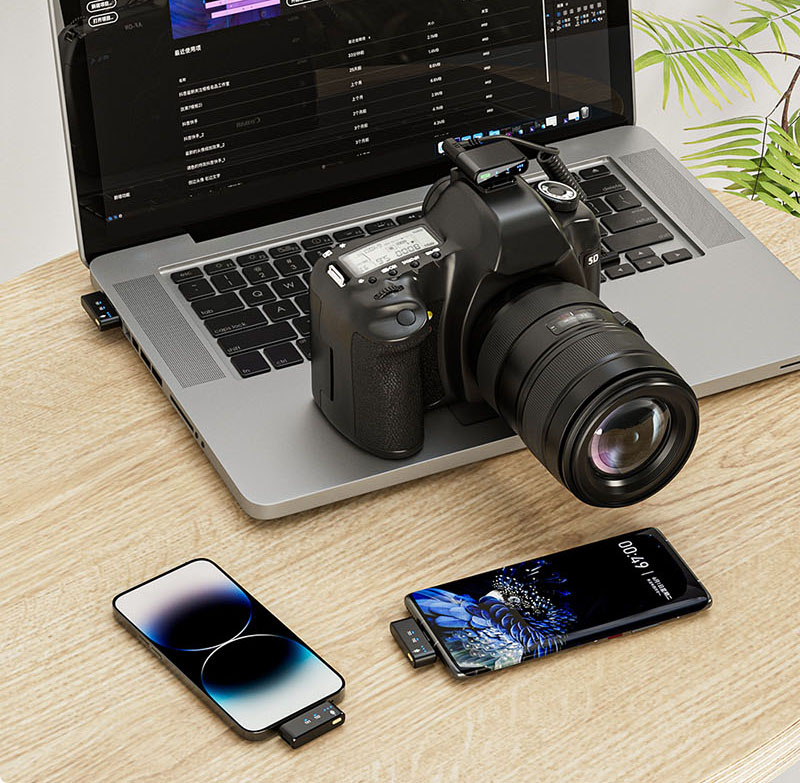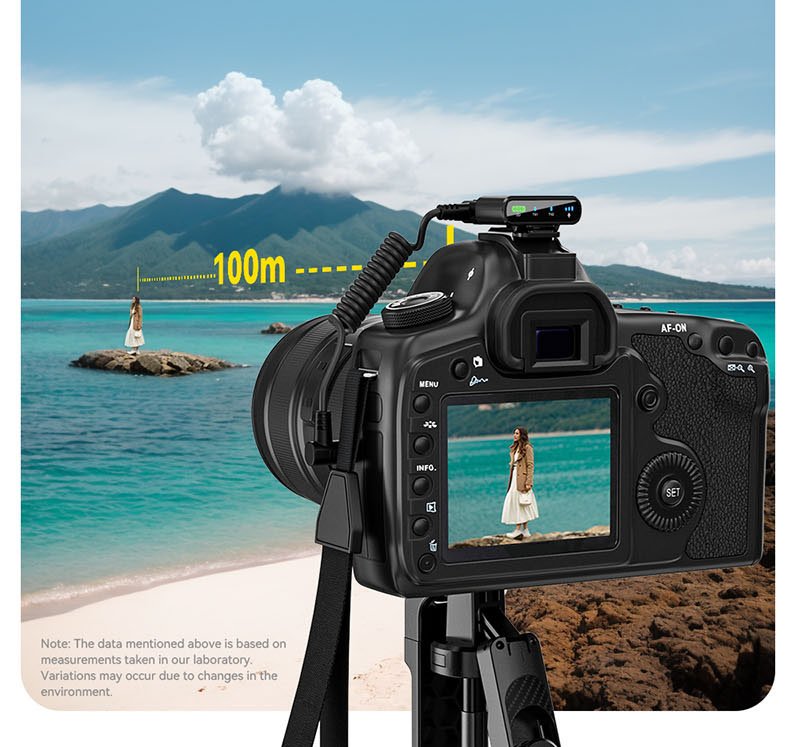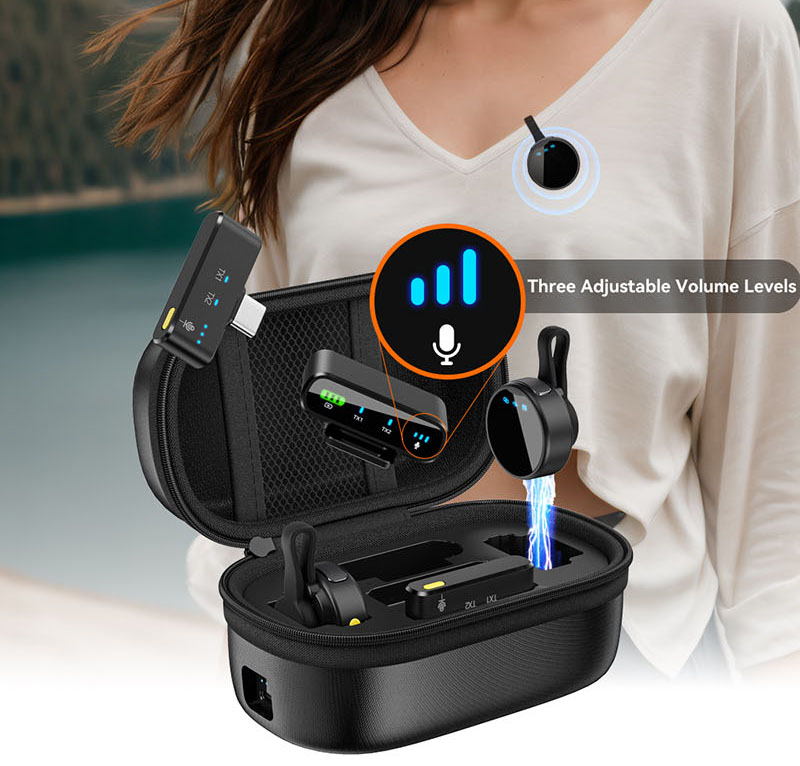What Is The Best Battery For Wireless Microphone
What Is The Best Battery For Wireless Microphone
What Is The Best Battery For Wireless Microphone

The best battery for a wireless microphone depends on the specific microphone system, usage requirements, and personal preferences. However, the most commonly recommended types of batteries for wireless microphones are rechargeable batteries and high-quality disposable batteries. Here’s a breakdown of the best options:
1. Rechargeable Batteries
Rechargeable batteries are cost-effective, environmentally friendly, and ideal for frequent use. The most popular types are:
a. Lithium-Ion (Li-ion) Rechargeable Batteries
- Pros:
- High energy density (long-lasting).
- Lightweight.
- Consistent power output until fully depleted.
- Can be recharged hundreds of times.
- Cons:
- Higher upfront cost.
- Requires a compatible charger.
- Best For: Professional use, such as in broadcasting, filmmaking, or live performances.
b. Nickel-Metal Hydride (NiMH) Rechargeable Batteries
- Pros:
- Affordable and widely available.
- Good performance in high-drain devices like wireless microphones.
- Environmentally friendly (reusable).
- Cons:
- Slightly heavier than Li-ion batteries.
- May lose charge over time when not in use.
- Best For: General-purpose use, such as for presentations, interviews, or events.
Recommended Brands:
- Panasonic Eneloop Pro: Known for long life and reliability.
- Duracell Rechargeable: High capacity and consistent performance.
- AmazonBasics High-Capacity: Affordable and reliable.
2. Disposable Batteries
Disposable batteries are convenient for occasional use or when recharging isn’t feasible. The best types are:
a. Alkaline Batteries
- Pros:
- Widely available and inexpensive.
- Good for low to moderate power consumption.
- Cons:
- Not as long-lasting as lithium batteries.
- Performance drops as the battery depletes.
- Best For: Backup or occasional use.
b. Lithium Batteries (Non-Rechargeable)
- Pros:
- Extremely long-lasting.
- Lightweight.
- Performs well in extreme temperatures.
- Cons:
- More expensive than alkaline batteries.
- Not environmentally friendly.
- Best For: High-drain devices or situations where battery life is critical (e.g., outdoor events, long recordings).
Recommended Brands:
- Energizer Ultimate Lithium: Best for long-lasting performance.
- Duracell Quantum: Reliable and widely available.
- Panasonic Alkaline: Affordable and dependable.
3. Built-In Rechargeable Batteries
Some wireless microphone systems come with built-in rechargeable batteries (often Li-ion). These are convenient because they eliminate the need for separate batteries and chargers.
- Pros:
- No need to buy or replace batteries.
- Often include USB charging for convenience.
- Cons:
- Limited lifespan (battery degrades over time).
- Requires downtime for recharging.
- Best For: Users who prefer an all-in-one solution.
Factors to Consider When Choosing a Battery:
- Battery Life: Ensure the battery lasts as long as you need it to (check the microphone’s power requirements).
- Compatibility: Verify that the battery type and size are compatible with your microphone.
- Usage Frequency: For frequent use, rechargeable batteries are more economical. For occasional use, disposables may suffice.
- Environment: If you’re working in extreme temperatures, lithium batteries are more reliable.
- Budget: Rechargeable batteries have a higher upfront cost but save money in the long run.
Top Recommendations:
- For Professionals: Lithium-ion rechargeable batteries (e.g., Panasonic Eneloop Pro).
- For General Use: NiMH rechargeable batteries (e.g., Duracell Rechargeable).
- For Backup/Outdoor Use: Non-rechargeable lithium batteries (e.g., Energizer Ultimate Lithium).
By choosing the right battery, you can ensure uninterrupted performance and longevity for your wireless microphone system.




